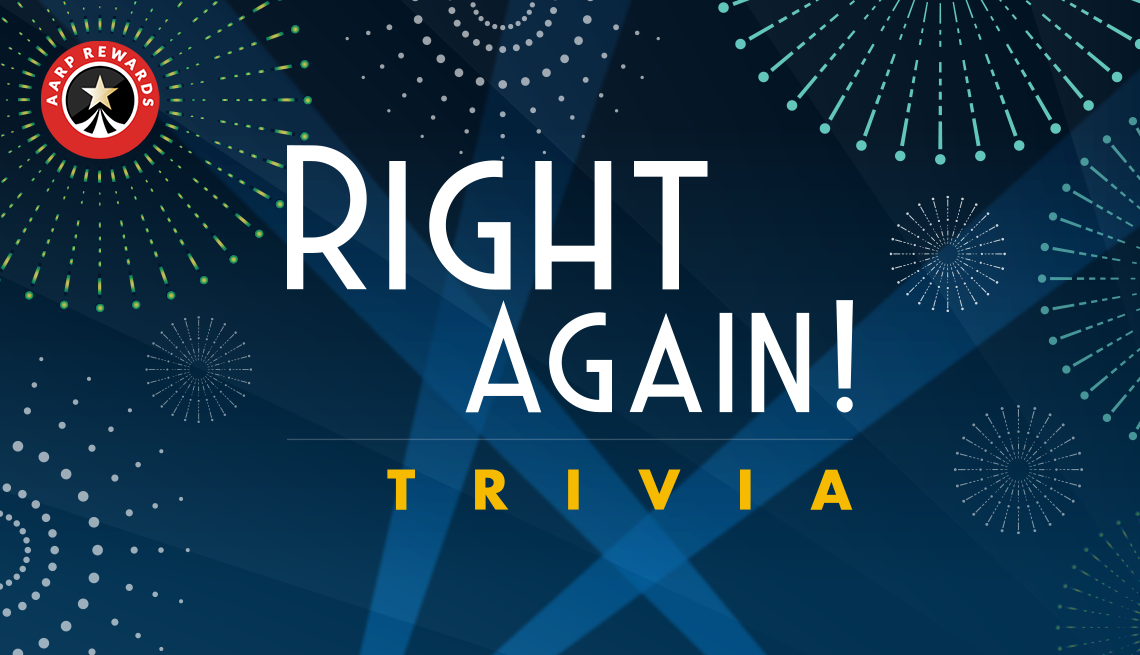AARP Hearing Center
- AARP Online Community
- Games
- Games Talk
- Games Tips
- Leave a Game Tip
- Ask for a Game Tip
- AARP Rewards
- AARP Rewards Connect
- Earn Activities
- Redemption
- AARP Rewards Tips
- Ask for a Rewards Tip
- Leave a Rewards Tip
- Help
- Membership
- Benefits & Discounts
- General Help
- Caregiving
- Caregiving
- Grief & Loss
- Caregiving Tips
- Ask for a Caregiving Tip
- Leave a Caregiving Tip
- Entertainment Forums
- Rock N' Roll
- Leisure & Lifestyle
- Health Forums
- Brain Health
- Healthy Living
- Medicare & Insurance
- Health Tips
- Ask for a Health Tip
- Leave a Health Tip
- Home & Family Forums
- Friends & Family
- Introduce Yourself
- Our Front Porch
- Money Forums
- Budget & Savings
- Scams & Fraud
- Retirement Forum
- Retirement
- Social Security
- Technology Forums
- Computer Questions & Tips
- Travel Forums
- Destinations
- Work & Jobs
- Work & Jobs
- AARP Online Community
- Technology Forums
- Computer Questions & Tips
- Re: Tip: Disposing of old computers safely and sec...
Tip: Disposing of old computers safely and securely.
- Subscribe to RSS Feed
- Mark Topic as New
- Mark Topic as Read
- Float this Topic for Current User
- Bookmark
- Subscribe
- Printer Friendly Page
- Mark as New
- Bookmark
- Subscribe
- Mute
- Subscribe to RSS Feed
- Permalink
- Report
Tip: Disposing of old computers safely and securely.
Hello, in the latest AARP magazine I saw an article describing how to dispose of an old computer.
The article talks about basically doing a "reset" in Windows, for example, to have it wipe the operating system and hard drive contents. Thing is, there is inexpensive data recovery software out there that can recover data so wiped, even if the hard drive has been formatted.
Solid state drives (SSDs) are a bit of a different animal, but for hard drives I as a decades-long Windows and PC support guy recommend a) physically removing the hard drive from your laptop or desktop, b) going to a hardware store to pick up some suitably tiny Torx or hex type screwdriver bits (depending on what the screws on your hard drive look like), c) disassembling the drive so you can harvest the nice, strong rare-earth magnets inside, and finally d) smash the metallic discs or "platters" with a hammer and dispose of the mess in your trash or recycling bin.
I say this after having gotten drives very inexpensively at yard sales and out of curiosity having tried to see if said software could find any viable data. Oh, yes indeed!
- Mark as New
- Bookmark
- Subscribe
- Mute
- Subscribe to RSS Feed
- Permalink
- Report
One way to circumvent this without destroying the hardware is to fully encrypt the drive (hard drive or SSD). This is likely best done "right now", it will protect your data from snoops now and with a suitable password/encryption key will protect your data when the drive is passed on. Although personally I would still re-encrypt the full drive upon disposing of it. Either case, re-encrypting or simply giving away without passing on the encryption key, will require the new user to install an operating system. The current owner might reinstall the existing OS as a courtesy.
I used TrueCrypt software encryption on a laptop bought around 2006, which I still have. TrueCrypt is gone (though still usable) but there are other similar products available for free (see VeraCrypt, a TrueCrypt clone). My current Lenovo laptop has a factory encrypted SSD. I also have Windows Pro with BitLocker. I am not a fan of BitLocker but I have used it for some removable drives.
If the drive is encrypted and the system provides for a separate/different password (separate from the encryption key) be sure to use a healthy strong password, don't have an encrypted drive with "hello" as your password.
Personally, I would never have a laptop without an encrypted drive. I even encrypt the drives in desktop pcs as well.
- Mark as New
- Bookmark
- Subscribe
- Mute
- Subscribe to RSS Feed
- Permalink
- Report
Seemed like the consensus is to take care of you hard drive when you dispose of old computer. There are free software available so you can sanitize you hard drive. The software will over write the entire drive making it impossible to use undelete software to recover the data. Just be aware this process will take hours to complete. As far as reusing the hard drive, you can convert it easily into a network storage for you home network as long as there is an USB port in your router. You do need to acquire a piece of hardware to allow the hard drive to connect to the router's USB port. It can be an enclosure box or just bare bone plugs and wiring. The 3.5' drive will need a power supply and the 2.5" drive does not need extra power supply.
- Mark as New
- Bookmark
- Subscribe
- Mute
- Subscribe to RSS Feed
- Permalink
- Report
Even if it is legacy technology, why throw a still usable hard drive away? I've always reused them. Even if they're not built into a new system it's easy enough to get inexpensive hardware to continue to use them as external storage or NAS. Multiple layers of innocuous data will result in buried data being destroyed....just wore out my last PATA drive a couple years ago. Any sensitive data on it was buried under decades of MP3s and MP4s.
When it is finally time to retire them, sure, take security steps (multiple formats and strong magnets), but it seems to make more sense to recycle the materials than to send them to the local Landfill.
...The caveat being that we're not talking CIA or NSA sensitive data here.
- Mark as New
- Bookmark
- Subscribe
- Mute
- Subscribe to RSS Feed
- Permalink
- Report
Solid points Eric.
In the few cases I've seen these they've been hard drives that were still installed in old PCs that people were letting go at yard or garage sales. Some had been formatted while others appeared to simply have the primary user profile deleted or just files therein simply deleted without efforts to really scramble any lingering data using say DoD type standards for sanitizing drives.
- Mark as New
- Bookmark
- Subscribe
- Mute
- Subscribe to RSS Feed
- Permalink
- Report
Your recycling comment caught my eye. I did a quick search for places to drop off a single old computer or laptop and found that Best Buy with take them. Do you know of other places that will take one-off computers for recycling? I say "one-off" because it appears corporate clients with many computers to dispose of seem to have more options.
- Mark as New
- Bookmark
- Subscribe
- Mute
- Subscribe to RSS Feed
- Permalink
- Report
- Mark as New
- Bookmark
- Subscribe
- Mute
- Subscribe to RSS Feed
- Permalink
- Report
- Mark as New
- Bookmark
- Subscribe
- Mute
- Subscribe to RSS Feed
- Permalink
- Report
"I downloaded AARP Perks to assist in staying connected and never missing out on a discount!" -LeeshaD341679












































































